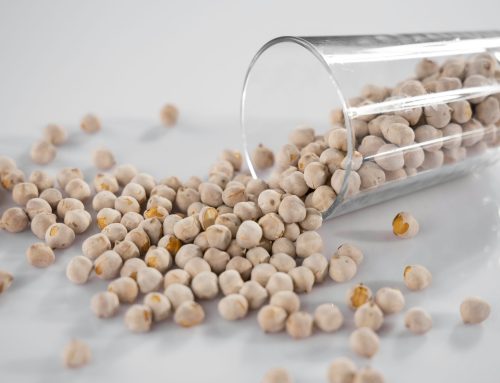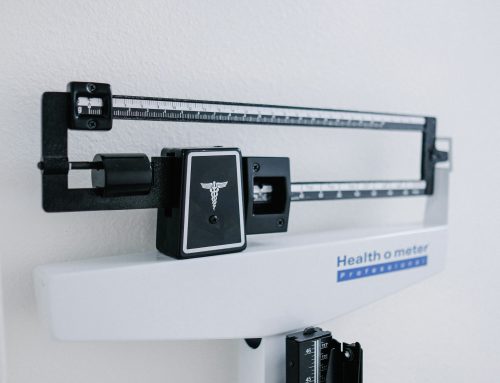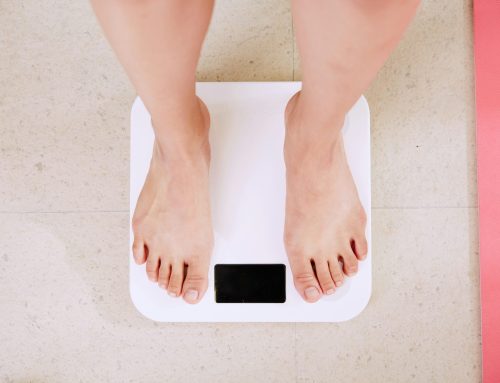Nowadays, lots of people practice intermittent fasting as a way to lose (or maintain) their weight. There are, however, many other health benefits associated with fasting, which make it an excellent lifestyle choice. These benefits include (but are not limited to):
- Increased fat burning, energy levels, and growth hormone production
- Decreased insulin and sugar levels
- Improved mental clarity
- Stimulated autophagy (which is cellular cleansing)
There are several different intermittent fasting methods that vary in length and frequency. The practice involves cycling between prolonged periods of fasting (where you consume no calories) and shorter periods (when you can eat). During the fasting periods, you are allowed and encouraged to drink plenty of water. However, there are a lot of questions surrounding what else you can consume while fasting, and in doing so, whether the effectiveness and benefits of your fast will be compromised.
If you are considering introducing intermittent fasting into your lifestyle (or have been practicing this pattern of eating for some time), the information below aims to answer some of these questions so your fast can be as beneficial and successful as possible.
Contents
What Can You Drink While Intermittent Fasting?
Water is essential.
But given that 20% of our water intake comes from food, the need to drink water becomes even more critical while fasting. Not only does staying hydrated curb your hunger, but it also staves off the more unpleasant side effects from fasting, including headaches, constipation, and dizziness.
Research has shown that drinking tea and coffee during your fasting window is safe and effective as well. This is due to the high level of antioxidants present (which assist in the process of autophagy), as well as their metabolism-boosting properties, which will help with burning fat.
However, there is a catch. Milk, sugar, and syrup (amongst many other things you might add to your morning beverage), all can come at a hefty price. If they contain significant calories, this will significantly hinder your fast, thus negating the effects. Therefore you should always try to drink your tea and/or coffee black during your fasting window.
But sweeteners don’t have calories; you cry! This is precisely where the ambiguity starts to rise surrounding what is and isn’t ok to drink during a fast. As a general rule (and especially for those new to intermittent fasting), try to avoid drinking anything more than 10 calories at a time during your fast. This will allow for some leniency, making your fasting period easier to endure while remaining beneficial.
Does Lemon Water Break Your Fast?
No, it doesn’t.
Drinking lemon-infused water provides you with a wealth of health benefits (fasting or not). It is a rich source of vitamin C, is cleansing, makes you feel full, and curbs hunger. Make sure you are only adding a slice of lemon to your water as opposed to drinking pure lemon juice (or lemon-flavored drinks).
Can you add anything else to water while fasting?
Yes, you can also add a slice of lime, cucumber, mint, or even a teaspoon of apple cider vinegar to your water without breaking your fast. In fact, acetic acid (found in apple cider vinegar) is thought to suppress fat depositions around the body, boost your metabolism, and burn fat. 1-2 teaspoons added should be enough to be effective (and protect your tooth enamel).
Prefer sparkling water?
Carbonated water or seltzer water is fine during a fast too, just make sure you check the label to ensure there are no other sneaky additives in there or sugars, which could disrupt your blood sugar levels.
What Teas Can You Drink While Fasting?
Green and black teas (like Ceylon and Assam) are particularly effective to drink during your fast as they contain caffeine and potent antioxidants. They also curb hunger, boost metabolism, and are another great way to keep you hydrated while fasting. Plus, they get you out of that tight hungry spot first thing in the morning too!
Other herbal teas like chamomile, ginger, and peppermint, for example, are also fine, but remember you shouldn’t add sugar or any other sweetener to them (including honey).
The only teas that you should check the labels of beforehand are the fruit-infused teas. Some of them have hidden sugars, which could again interfere with your blood sugar levels (and ultimately, your fast).
Can You Drink Diet Soda During a Fast?
Technically yes, but there is a catch.
Despite a lot of diet sodas claiming to have zero calories (and so, in theory, aren’t breaking your fast), they are not the ideal drinks to consume. While they may be sugar-free, they do contain artificial sweeteners, which can trigger hunger (not fun during a fast), and also make you crave sugar. Experiencing sugar cravings may encourage you to break you fast with potentially “bad” foods, which in turn will interfere with your progress and the effectiveness of your fast.
There are also links between artificial sweeteners and an increase in blood sugar levels. Therefore diet sodas (and anything else containing sweeteners) should be avoided during your fasting window.
If you are usually a big diet soda drinker, try seltzer water with a slice of lemon or lime as a replacement. The carbonated water will make you feel full, and you will experience the refreshing benefits of lemon, as explained above.
Does Almond Milk Break Your Fast?
Technically yes, but again there is a catch.
Almond and other plant-based milk still contain calories, and some have unnecessary sugars. Therefore large amounts shouldn’t be consumed during your fast.
As previously mentioned, any coffee and/or tea consumed within your fasting window should be black (without any additives). However, if you are struggling, there is something else you can try before resorting to plant-based milk.
Certain spices can be added to coffee, which won’t break your fast and may help reduce the bitter taste (they have some great health benefits too). For example, cinnamon is anti-inflammatory and has been linked to lowering cholesterol and blood sugar levels. Turmeric has properties that boost the body’s antioxidant enzymes. Ginger, nutmeg, and cardamon can all be considered as well.
Are you still struggling?
Look to add a splash of unsweetened almond or another plant-based milk to your tea or coffee. A small amount will not break your fast.
Happy Fasting
The thing to remember with intermittent fasting is that it is a pattern of eating and not a diet. As you have seen, the health benefits stem much further than just weight loss.
Fasts are not meant to be painful, hard, or a struggle. The more frequently you practice them, the more comfortable they will seem (becoming just another part of your lifestyle and something you won’t have to think twice about doing).
With any new routine, there is always an adjustment period. Therefore if you cannot entertain drinking your coffee black (or with a pinch of cinnamon), add a splash of unsweetened plant-based milk. If you are uncomfortably hungry half an hour before your eating window is due, then break your fast and eat. The important thing is to listen to your body while using the information mentioned above as your guide.
Happy Fasting! :)








Leave A Comment